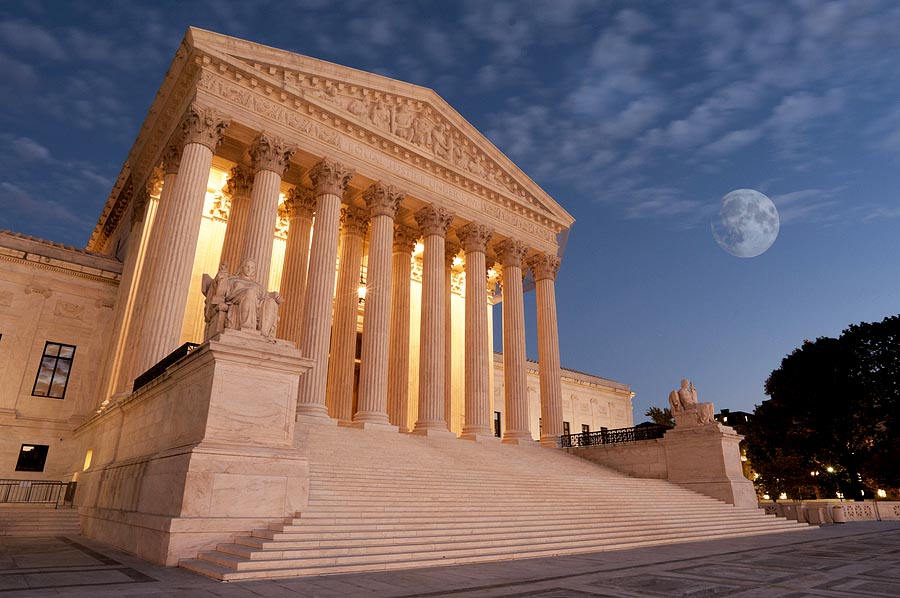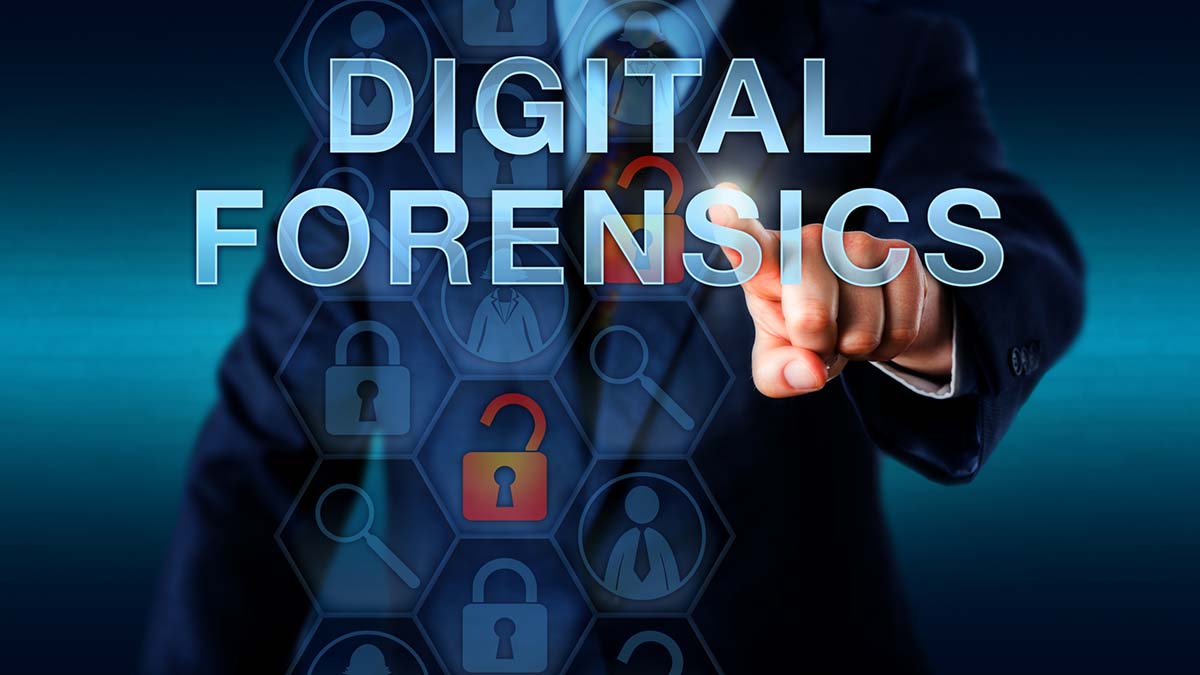Last week’s decision in Carpenter v. United States, a 5-4 decision that the government must obtain a court-authorized warrant for cell site location information (CSLI), is a small step toward recognizing privacy rights in an age of ever-expanding technology. Most people do not realize that their cell phones are capable of tracking their every movement – 24 hours a day, 7 days a week. As we move about, our cell phones ping off of the nearest cell tower. Several times a minute our cell phones contact the nearest cell tower. Our cell providers collect and store that information. Examining that information can reveal a person’s daily movements with a fair degree of accuracy, usually within hundreds of feet to a few miles. Each tower has time-stamped records for every cell phone that pinged off of it, and more specifically, which direction on the tower’s multiple receivers.
Until Carpenter, law enforcement merely needed an order showing reasonable grounds to believe that the records were “relevant and material to an ongoing criminal investigation.” This is a significantly lower standard than what is needed for a court-authorized warrant requiring probable cause. In 2016, Verizon and AT&T had received more than 125,000 requests from law enforcement for CSLI to track citizens’ whereabouts without a warrant.
In its recent decision, the Supreme Court reasoned that the Fourth Amendment – the “right of the people to be secure in their persons, houses, papers and effects, against unreasonable searches and seizures, shall not be violated, and no warrants shall issue, but upon probable cause . . . ” – extends to the unintentional providing of cell site information to a third party carrier. The majority held that protecting privacy from new digital technologies is in accord with the founding fathers’ central aim to impede surveillance that is “too permeating”.
Given that there are some 396 million cell phone accounts in the United States, and that most people carry their phones everywhere they go, such protections become of vital importance to us all. 
Robert Stahl, and his firm, Stahl Gasiorowski Criminal Defense Lawyers aggressively defend individuals charged with complex federal and state crimes. Founder Robert G. Stahl is recognized as one of the top criminal defense attorneys in the NY/NJ area for his skills, knowledge and success. To contact the firm, call 908.301.9001 for the NJ office and 212.755.3300 for the NYC office, or email Mr. Stahl at rgs@sgdefenselaw.com.




Leave A Comment